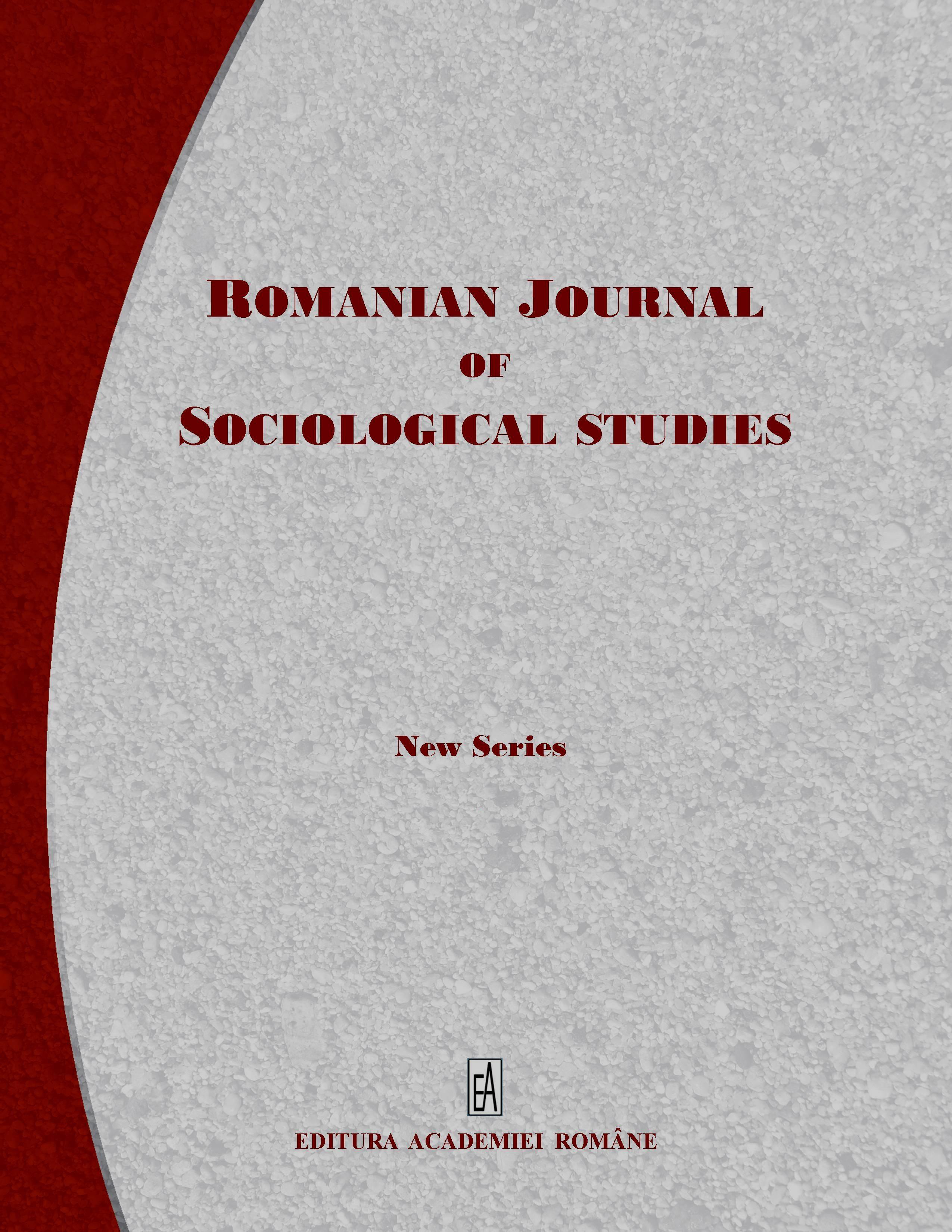MEDIA AND FREE MOBILITY: FRAMING A10 MIGRANTS IN THE BRITISH NEWSPAPERS FROM 2004 TO 2016
MEDIA AND FREE MOBILITY: FRAMING A10 MIGRANTS IN THE BRITISH NEWSPAPERS FROM 2004 TO 2016
Author(s): Fathi BourmecheSubject(s): Social Sciences, Sociology
Published by: Editura Academiei Române
Keywords: Brexit; British attitudes; Eastern Europeans; migration; media frames;
Summary/Abstract: This paper is focused on the way British newspapers framed the influx of A10 migrants in order to gain a better insight into media discourse on free mobility within the EU. The fifth EU enlargement resulted in an unexpected influx of Eastern Europeans, raising concern about its impact on Britain. The first wave of the enlargement in May 2004, adding eight new members from Central and Eastern Europe: Poland, the Czech Republic, Estonia, Hungary, Latvia, Lithuania, Slovakia and Slovenia, known as A8, in addition to Malta and Cyprus, resulted in the influx of A8 migrants. Similarly, the second wave of the enlargement in January 2007, adding Romania and Bulgaria, known as A2, enhanced the influx of Romanians and Bulgarians. The trend has generated a bulk of research, particularly focused on its impact on the British economy. However, it still deserves more research, particularly in relation to media discourse. Indeed, the way newspapers dealt with the influx had major repercussions on the British socio-political landscape, affecting election results, mainly by weakening the position of the two major parties, namely Labour and the Conservatives. This situation also increased Euro-scepticism among right-wing parties, particularly UKIP (UK Independent Party), paving the way for Brexit. Selected articles are qualitatively analysed, using Maxwell McCombs’s media framing, and juxtaposed to Ipsos Mori polls dealing with similar issues to gain more insight into media discourse in relation to the way it could shape public opinion. The paper seeks to argue that media frames seemed to have had a major effect on British citizens’ attitudes towards the new arrivals, depicting them as new ‘others’, contributing to their marginalisation and thus subjecting them to different forms of discrimination and hate crimes. Similarly, failure to handle the influx weakened the position of the two major parties, thus affecting the British socio-political landscape.
Journal: Romanian Journal of Sociological Studies
- Issue Year: 2020
- Issue No: 2
- Page Range: 127-140
- Page Count: 14
- Language: English

